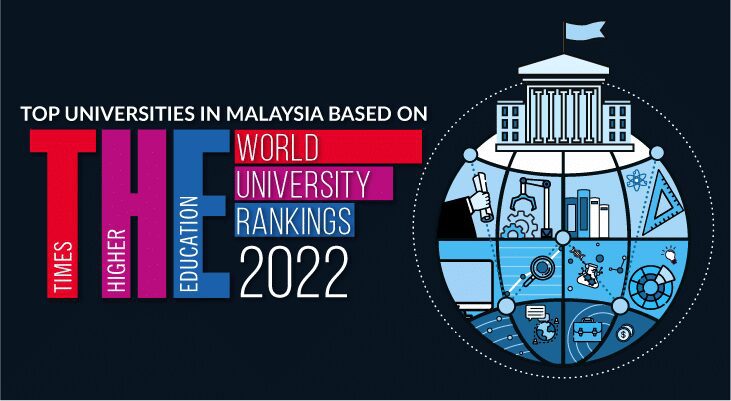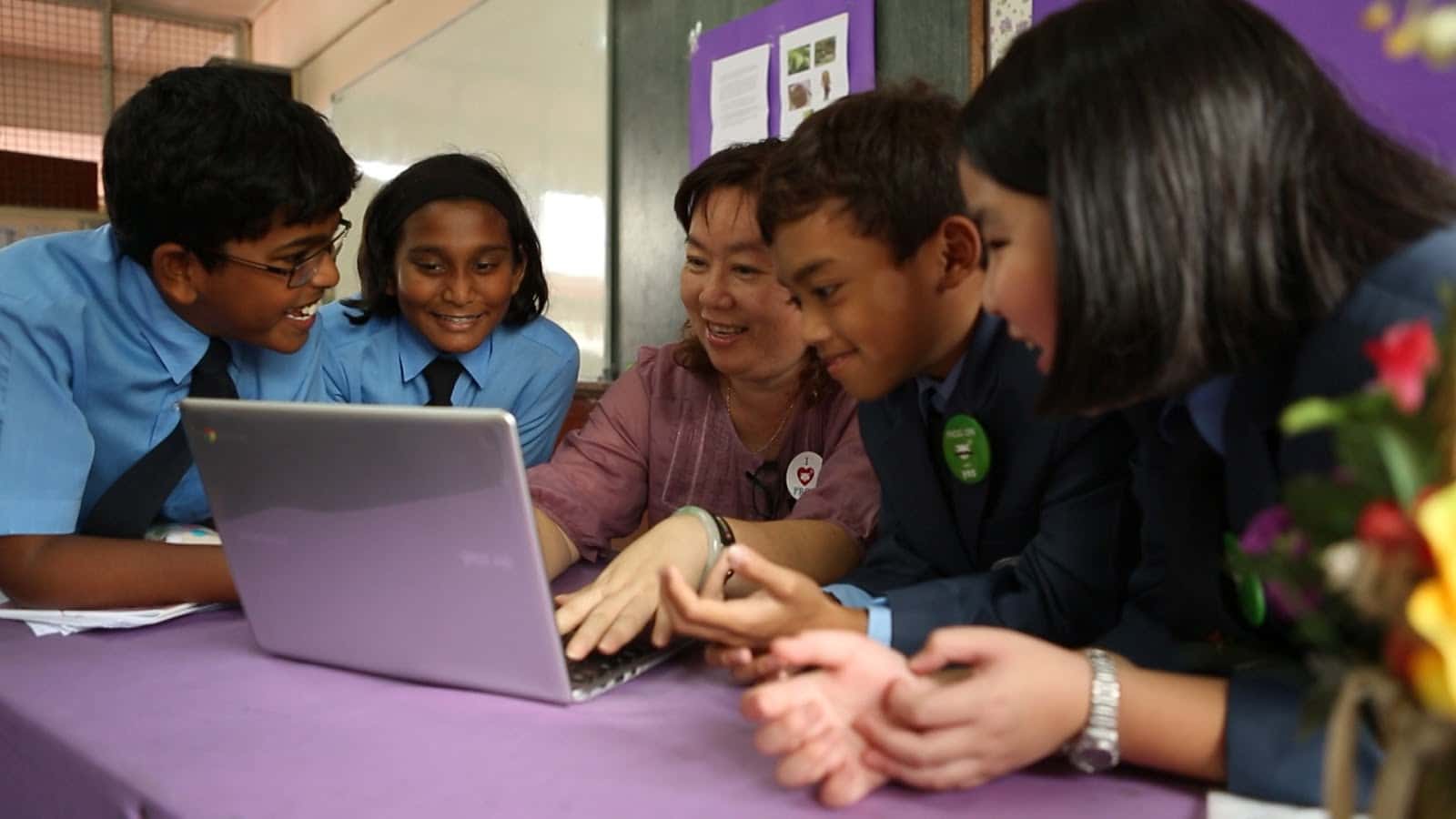إن الهوية الأكاديمية تشكل عنصراً أساسياً في أداء الطلاب، وهي تستند إلى نظرتهم إلى ذكائهم. والأطفال أكثر عرضة للانسحاب من الفصول الدراسية ويعتقدون أنهم لا يمثلون قيمة كبيرة في البيئة الأكاديمية إذا لم تُمنح لهم الأدوات التي تمكنهم من الشعور بأنهم مساهمون قيمون في التعلم.
إن المهمة المعقدة المتمثلة في ضمان فهم كل طالب لقيمته هي مهمة لا يستطيع المعلمون تحقيقها إلا جزئيًا من خلال تعزيز العلاقات الشخصية داخل وخارج الفصل الدراسي. يجب أن يشعر الطلاب بالتحقق من صحتهم كمتعلمين من خلال الأفكار التي يقدمونها إذا كانوا يريدون المشاركة الكاملة في التعلم. ينشأ الفصل الدراسي حيث يتم تقدير جميع الأصوات بوضوح عندما يتبنى المعلمون استراتيجيات تركز على الطالب لتعزيز المشاركة وتكوين روابط ذات مغزى تتجاوز الصداقة البسيطة.
فكر في طرق للحصول على الدعم من الطلاب
الانتقال من العلاقات الشخصية إلى العلاقات الأكاديمية: كثيراً ما يقلل المعلمون من قيمة التفاهم المتبادل، وهو السبيل الذي يبني به المعلمون علاقات شخصية مع الطلاب تمكننا من التواصل معهم بشكل أكثر فعالية. ويشكل بناء هذه العلاقات خطوة أولى حاسمة في خلق البيئة المناسبة في الفصول الدراسية حيث توجد الثقة المتبادلة. وبالنسبة للأطفال الذين يجدون صعوبة في التواصل مع المعلم كشخص وليس كميسر للتعلم، فإن فكرة المعلم "الشعبي" قد تكون ضارة.
كان لدي مدرس للدراسات الاجتماعية في المدرسة الثانوية وكان محبوباً. كان الجميع يعشقونه؛ أثناء الحصة، كان يناقش المسلسلات التلفزيونية الشهيرة، وبعد الغداء، كان يتجول في الكافيتريا ويزور الطلاب على الطاولات. وعلى الرغم من حقيقة أنه لم ينضم إليّ مطلقًا لتناول الغداء أو الدخول في محادثة حول المسلسلات التلفزيونية التي أشاهدها، إلا أنني لم أشعر بنفس الشعور بالألفة معه. لم أستطع أن أفهم لماذا لم يكن هناك انسجام بيننا، وبسبب شكوكي المتأصلة فيه، شعرت وكأنني دخيل في فصله. ونتيجة لذلك، شاركت في هذه الدورة بشكل أقل من أي من دوراتي السابقة.
إن الطلاب الذين لا ينسجمون مع المعلم الشعبي قد يتوقفون عن المشاركة في الفصل الدراسي لأنهم يشعرون بالاستبعاد. فكر في كيفية حب قيمة المنح الدراسية من أجل بناء علاقات مع الطلاب الذين يقدرون هويتهم الأكاديمية وليس الشخصية. إن توفير بيئة تعليمية آمنة للتلاميذ حيث يتم الاعتراف بجهودهم بشكل واضح أمر ضروري لمساعدتهم على تطوير هويتهم الأكاديمية.
إفساح المجال لجميع وجهات النظر: عندما يضع المعلمون قيمة عالية على جميع وجهات النظر، بما في ذلك تلك التي قد تكون غير تقليدية أو غير شعبية، فإن النتيجة النهائية هي فصل دراسي يقدر الصراع البنّاء الذي يمثل تطوراً حقيقياً. ومن المؤكد أن نكون دقيقين بشأن كيفية كشف كل فكرة عن التعلم المهم. لنفترض أن أحد الطلاب قدم إجابة خاطئة لسؤال يطلب منه المعلم مشاركته. يمكن للمعلم التعليق على الحل بدلاً من التأكيد عليه، مثل، "هذه الإجابة رائعة بالنسبة لي لأنني توصلت إلى شيء مشابه في المرة الأولى التي حاولت فيها هذه المشكلة. هل يمكنك شرح كيف وصلت إلى هناك؟ بالإضافة إلى تطبيع دور الأخطاء في التعلم، فإن هذا التركيز على الرحلة بدلاً من الوجهة النهائية يعزز أيضًا بيئة مريحة للطلاب لتحمل المخاطر، مما يعزز شعورهم بالهوية الأكاديمية.
تغيير الطريقة التي نطلب بها من الطلاب أفكارهم
في بعض الأحيان، وخاصة إذا تم فصلهم من قبل، يشعر الطلاب الذين يتحدثون أمام الفصل بأنهم يخوضون مخاطرة كبيرة. غالبًا ما يظل الطلاب صامتين وقد يشعرون بالاستياء عند طلب المشاركة إذا لم ينشئ المعلم بيئة آمنة للمخاطرة الأكاديمية. يمكن منح جميع المتعلمين الفرصة للمساهمة بالطرق المهمة بالنسبة لهم.
لقد حظي الطلاب الذين استخدموا تطبيق زووم طوال فترة الوباء بفرصة الدردشة والتعبير عن أفكارهم. ولقد لاحظت أن أولئك الذين شعروا بالراحة في التعبير عن أنفسهم كتابة كانوا أكثر انخراطًا في العملية التعليمية مقارنة بما قد يكونوا عليه في الفصول الدراسية التقليدية. فكيف يمكن للمعلمين تطوير أنظمة تضمن سماع صوت كل متعلم الآن بعد أن أصبحت الفصول الدراسية التي تستخدم تطبيق زووم (أرجو أن تكون قد ولت) إلى حد كبير؟
المناقشة في صمت: إن زيادة الحوار غير الصوتي يعد تكتيكًا مفيدًا لرفع أصوات الطلاب. على سبيل المثال، عندما يواجه الطلاب صعوبة في فهم موضوع جديد، أقوم بجمع الأسئلة أو الأفكار المفتوحة على أوراق ملاحظات لاصقة، وأطلب منهم وضعها على الحائط، ثم أطلب منهم المشاركة في "جولة في المعرض" حيث يتجولون حول الفصل ويكتبون تعليقات لبعضهم البعض. يمكن لأي شخص في الغرفة (معلم أو طالب) اختيار الأوراق اللاصقة للتأكيد على مفاهيم معينة لمزيد من التحقيق. قد يشارك الطلاب في "مناقشة صامتة" من خلال تسليم دفاتر ملاحظات مملوءة بالملاحظات والاستفسارات بطريقة مماثلة.
قبل بدء أي محادثة، يستطيع الطلاب تحليل الأفكار في بيئة منخفضة المخاطر قبل أن يتم استدعاؤهم أمام مجموعة، وتوضح هذه الممارسة أهمية الطرق المختلفة التي يستخدمها الطلاب لتوصيل المعلومات. كما أن كتابة الخطاب تفتح قنوات جديدة للتواصل. وينمو شعور الطلاب بالهوية الأكاديمية ويصبحون أكثر ميلاً إلى الشعور بالثقة عندما يدركون أن أفكارهم قد حصلت على الصلاحية، مما يزيد من وتيرة واتساق المساهمات التي يقدمونها، سواء في الكتابة أو الشفهية.
ضمان تطور الطلاب من حيث التفكير
ورغم أن هذا قد يكون مفيداً للغاية، فإن كوننا محبوبين وسهلي التعامل ليس الشيء الوحيد الذي نريده كمعلمين. فمن أجل أن يتمتع الأطفال بشعور قوي بقيمتهم الذاتية بعد فترة طويلة من مغادرتهم الفصول الدراسية، فمن الأهمية بمكان أن نضع قيمة عالية لقدرتهم على التطور كمفكرين ومتعلمين وعلماء. وبهذه الطريقة، علمناهم أن يثقوا في أنفسهم وأن يستثمروا أموالهم في مستقبلهم المشرق للغاية، وهو ما يتجاوز مجرد جعلهم مثلنا أو مثل فصولنا الدراسية.








